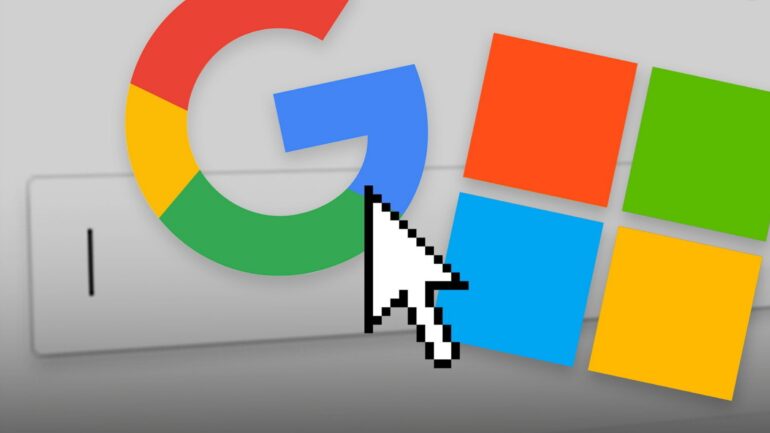TL;DR:
- Major tech companies like OpenAI, Google, and Anthropic have been using online content without permission to train their generative AI models.
- They prohibit others from using their own data for AI model training.
- Reddit plans to charge for access to its valuable data, no longer offering it for free to tech giants.
- Elon Musk accused Microsoft of illegally using Twitter’s data, sparking a legal dispute.
- OpenAI’s CEO is working on new AI models that respect copyright and aim to remunerate content creators.
- Publishers are pushing for tech companies to pay for using their content in AI model training.
- The current approach to training AI models undermines the web and lacks value exchange between creators and copyright holders.
Main AI News:
The advent of generative AI has ushered in a new age of technological marvels. However, behind the scenes, major tech giants such as Microsoft-backed OpenAI, Google, and Google-backed Anthropic are embroiled in a legal battle that could shape the future of the web and copyright laws. These companies have been utilizing online content created by others to train their generative AI models without seeking explicit permission, all while adopting a “do as I say, not as I do” strategy.
While these tech behemoths may argue that their actions fall under fair use, the true implications are yet to be determined. Paradoxically, while they freely harness content from others, they adamantly refuse to allow their own valuable data to be used in training other AI models. This raises a pertinent question: why should they be allowed to exploit everyone else’s content while safeguarding their own?
Consider Anthropic’s AI assistant, Claude, whose terms of service expressly state that users are prohibited from developing products or services that directly compete with their own offerings, including training AI algorithms or models. Google’s generative AI terms of use echo a similar sentiment, forbidding the use of their services for developing machine learning models or related technologies. OpenAI, the driving force behind ChatGPT, explicitly prohibits users from employing their services to create models that compete with their own. These policies showcase the companies’ hypocritical stance.
It is clear that these companies comprehend the pivotal role played by high-quality content in training AI models. Consequently, they adopt stringent measures to prevent the unauthorized use of their output. Yet, they are not inclined to extend the same courtesy to other websites or organizations, utilizing their freely available content to fuel their own AI endeavors.
However, the tide is turning. Reddit, a platform that has long served as a data source for AI model training, has had enough. Recognizing the value of its data corpus, Reddit plans to introduce charges for accessing its data, no longer willing to provide it gratuitously to the world’s largest companies. Steve Huffman, CEO of Reddit, affirms, “We don’t need to give all of that value to some of the largest companies in the world for free.”
In a recent controversy, Elon Musk accused Microsoft, the primary backer of OpenAI, of unlawfully employing Twitter’s data to train AI models, prompting him to exclaim, “Lawsuit time.” Microsoft responded by refuting the allegations, claiming that there were significant flaws in the premise behind Musk’s accusations.
Sam Altman, CEO of OpenAI, acknowledges the need for a more considered approach and is actively working on new AI models that respect copyright. Altman envisions a future where content creators are remunerated when their style or content is utilized by AI systems. This shift aligns with the growing demands from publishers, including News Corp., who advocate for tech companies to pay for using their content in AI model training.
Voices within the industry also echo concerns about the current approach to training AI models, deeming it detrimental to the web as a whole. Steven Sinofsky, a former Microsoft executive, laments that the current practice of crawling the web solely for model training undermines the value exchange that previously existed between creators and copyright holders. In a tweet, Sinofsky states, “Crawling used to be allowed in exchange for clicks. But now the crawling simply trains a model, and no value is ever delivered to the creator(s) / copyright holders.”
As the legal battles unfold and ethical considerations gain prominence, the future of generative AI and the web itself hang in the balance. The time has come for a comprehensive evaluation of the prevailing practices and the development of sustainable solutions that respect copyright and promote fair use, ensuring a more equitable landscape for all stakeholders involved.
Conclusion:
The double standards exhibited by major tech companies regarding the use of online content for training AI models have significant implications for the market. The exploitation of freely available content without permission raises concerns about copyright infringement and fairness. The pushback from platforms like Reddit and demands from publishers for compensation highlights a growing recognition of the value of data and content. As ethical considerations and legal battles unfold, the market will likely witness increased scrutiny and the need for more equitable practices that respect copyright, promote fair use, and ensure a sustainable future for generative AI.

